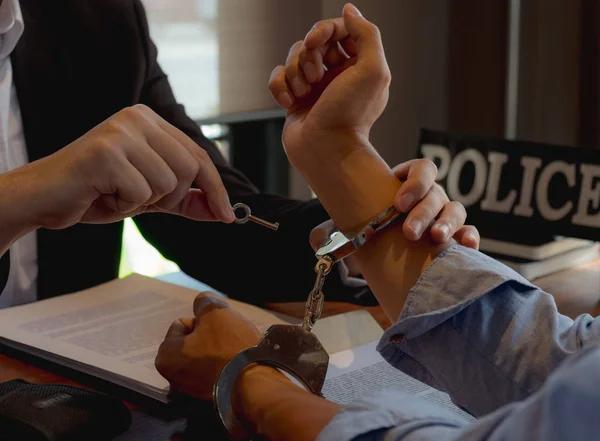
How to Responsibly Handle a Warrant For Your Arrest
The discovery of a warrant for your arrest can cause tremendous stress. In many cases, a warrant will not go away until you resolve it in court.
Fortunately, there are some simple steps you can take to protect your rights and reduce the stress. First, know your rights. Know which court issued the warrant and check JIS (the court’s computer system). Ask someone else to do so as well.
Inquire about a warrant check for bail bonds oceanside ca through our services. Secure swift assistance and reliable support.
Don’t Let Officers Into Your Home or Business
The last thing you want to do is open your door and let officers inside. It is important to remember that police can only enter your home without a warrant or your consent if they have probable cause that a crime is being committed or if there are exigent circumstances.
Voluntarily allowing officers into your home gives them permission to snoop through everything they see and hear. Additionally, any statements you make in front of them may be used against you.
Politely ask for their name and badge number, and ask them to show you a search warrant before you allow them in. It is also a good idea to have someone else examine the warrant as well. This includes ensuring the spelling of your name is correct and that the warrant actually specifies your address.
Don’t Give Them Access to Your Car
There are many reasons why police might have a warrant out for your arrest. From serious crimes to unpaid parking tickets, the process for clearing a warrant depends on the circumstances and your location.
Generally, police officers need to go to a judge and show probable cause to search something – such as a car – without your consent. However, because cars are mobile, it can be difficult to force an officer to go to a judge to search it.
Even so, if an officer sees evidence of a crime, such as blood in the trunk or a child’s locked toy, they might be allowed to break into the vehicle and look through its contents. In this case, the risk of someone who is injured or in danger probably outweighs privacy and property concerns.
Don’t Give Them Access to Your Property
Finding out that there is a warrant out for your arrest can be scary and upsetting. Whether you find out before police show up at your door or you get arrested during a traffic stop, it is important to have experienced counsel on your side.
Law enforcement must convince a judge of probable cause before they can search your home or business. This is done by filing an affidavit that states the facts they believe constitute probable cause.
If the affidavit does not state probable cause in sufficient detail, you may be able to file a pre-trial motion to suppress any evidence illegally obtained. However, this does not mean that you can physically block officers from entering your property.
Don’t Agree to Search Anywhere They Ask
A police officer may ask if you consent to search your car or home. This type of search is usually done without probable cause and can be a violation of your constitutional rights.
You should always say no to a search, even if the officer says you have nothing to hide. If you do agree to the search, you can lose evidence that could have helped your case in court.
If you are being investigated for a white-collar crime, your company should have a plan in place for how to respond to a search warrant. Experienced counsel can help create this plan and customize it for each business’s unique needs. This can reduce corporate risk and potentially save your company from having to pay a large bond amount if it is arrested.
Ask to See the Warrant
Officers are required to show you a warrant before they search your property. Asking to see it may help you determine that they have the wrong address or are pursuing the wrong person.
For example, if officers are searching your home office and garage for evidence of financial crimes, but the warrant only specifies your main house, you could argue that the search is illegal.
Taking proactive steps to address outstanding warrants helps reduce the risk of you being arrested and may even save you money in the long run if your original bond was posted on recognizance. Contact www.goldenboybailbonds.com firm to explore your legal options. Call us now for a free case consultation.

Comments are closed.